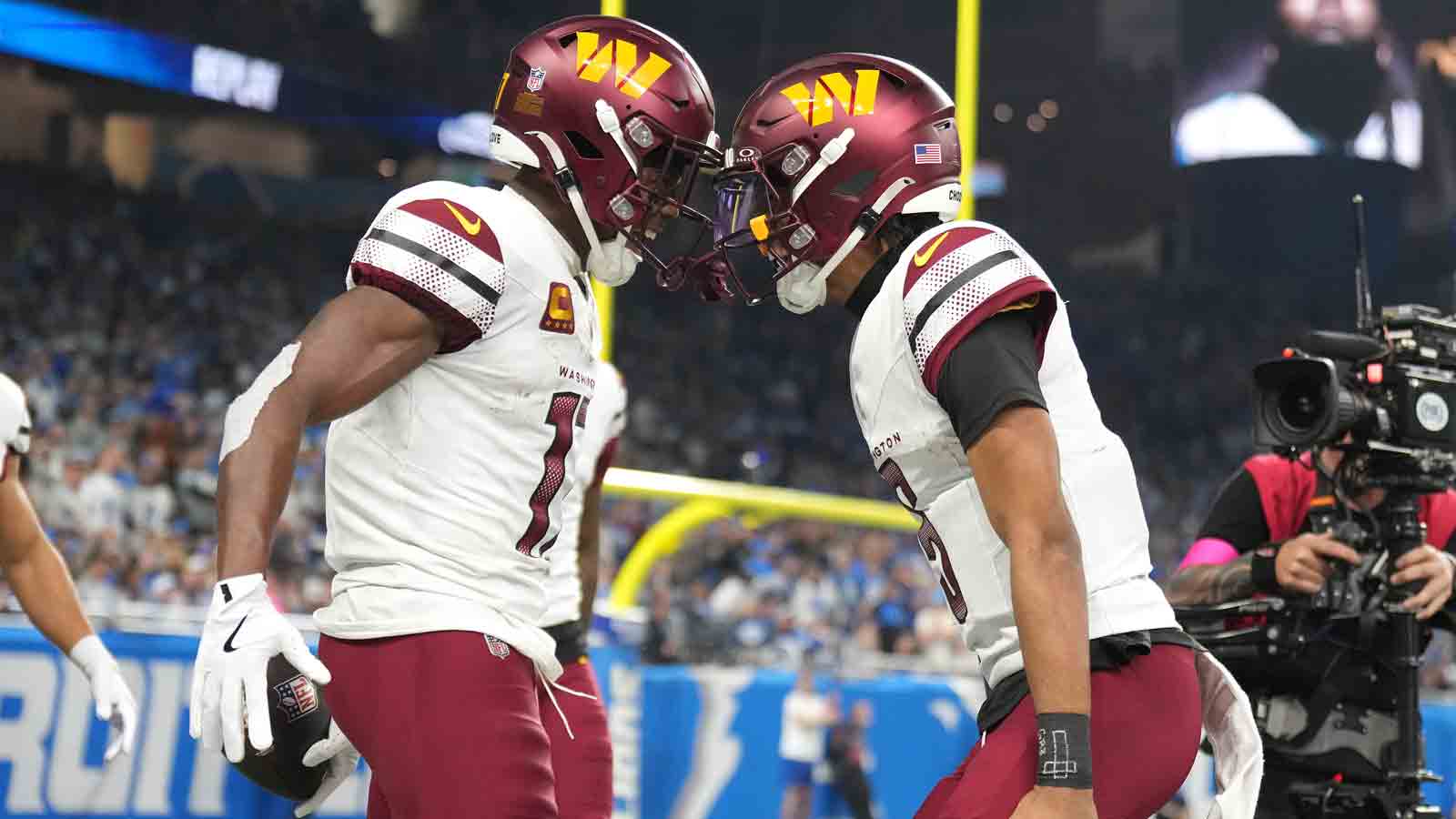A bipartisan group of senators is working on a college sports bill that would pre-empt state laws and create national regulations for name, image and likeness compensation to players, establish an entity to oversee enforcement of those rules and fund long-term health care for athletes.
The College Athletes Protection & Compensation Act is only a discussion draft at this point, but notable in that both Democrats and Republicans are involved in trying to address issues that have disrupted college sports and the role of the NCAA.
Sens. Richard Blumenthal (D-Conn.), Cory Booker (D-N.J.) and Jerry Moran (R-Kan.) were scheduled to speak with reporters later Thursday about their efforts.
College sports leaders have been pleading for help from Congress to regulate how athletes can earn money off their fame since before the NCAA lifted its ban on NIL compensation in 2021.
Get Tri-state area news delivered to your inbox. Sign up for NBC New York's News Headlines newsletter.
With the NCAA beleaguered by losses in court, including a unanimous rebuke by the Supreme Court two years ago, the association has avoided implementing detailed rules to set a national standard for NIL. Meanwhile, a patchwork of state laws has created a muddled and uneven playing field for schools to try to compete.
Earlier this week, Southeastern Conference Commissioner Greg Sankey again said a federal law is a must for college sports to move forward.
“The reality is, only Congress can fully address the challenges facing college athletics,” he said at SEC media days.
Sports
NCAA President Charlie Baker, who has been spending much of his time meeting with lawmakers in Washington since moving into the position earlier this year, has said transparency and standardization with NIL is needed to protect athletes and their families.
The legislation would provide those through the creation of College Athletics Corp., a non-governmental oversight and enforcement agency. The CAC would provide certification for agents looking to represent college athletes and negotiate NIL contracts, and maintain a database of NIL deals. It also would have subpoena power to investigate potential violations, something the NCAA infractions staff does not have.
The new governing body would also establish a medical trust fund athletes could access during and after their careers. The fund would come from contributions by the NCAA and schools and conferences that earn at least $50 million in revenue per year.
Over the last four years, more than a dozen bills targeting NIL and college athletics have been proposed by federal lawmakers, including the College Athlete Bill of Rights by Booker, a former Stanford football player, and Blumenthal. Moran introduced the Amateur Athletes Protection and Compensation Act in 2021.
None of those proposals went anywhere.



